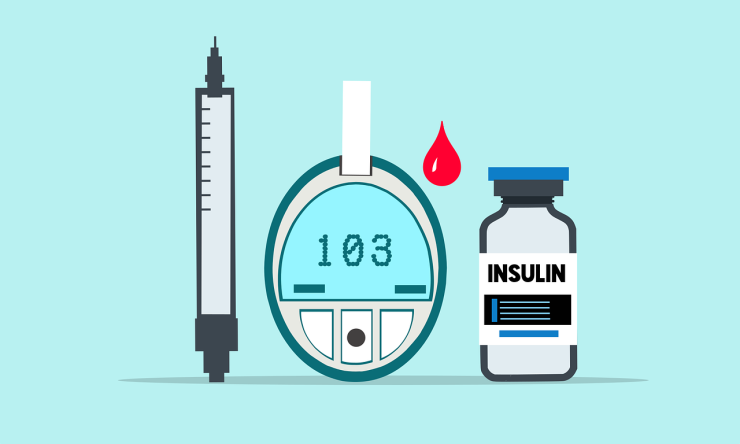Researchers join consortium to prevent type 2 diabetes in children
Baylor College of Medicine received a six-year, $3.6 million award from the National Institute of Diabetes and Digestive and Kidney Diseases, part of the National Institutes of Health (NIH), to join a national consortium to uncover the biological and social determinants of type 2 diabetes in children. Baylor is one of 15 participating centers in the consortium. Dr. Fida Bacha will serve as the principal investigator for the Baylor site.
“This is an important study for children and families at risk for diabetes, and it involves engagement of families as well as healthcare providers with the aim to prevent the development of type 2 diabetes in children”, said Bacha, professor of pediatric endocrinology and diabetes and director of the Metabolic Research Unit the USDA/ARS Children’s Nutrition Research Center at Baylor and Texas Children’s Hospital.
Type 2 diabetes is a much more aggressive disease in children than in adults, and the treatments required for adults often do not work as well for children. Type 2 diabetes is more rapidly progressive than adult onset-disease and is associated with increased comorbidities. The consortium plans to find who is at risk as well as the genetics, exposures and social determinants of health to better stratify the risk for diabetes in children.
“We need to prevent the disease from happening in the first place and that is by more precisely identifying children at risk and the changes that occur in the evolution of the disease. This will lead to improved preventive and treatment strategies,” Bacha said. “We’re hoping that we can prevent the development of type 2 diabetes.”
NIH funding provided by grant 1U01DK134982.










